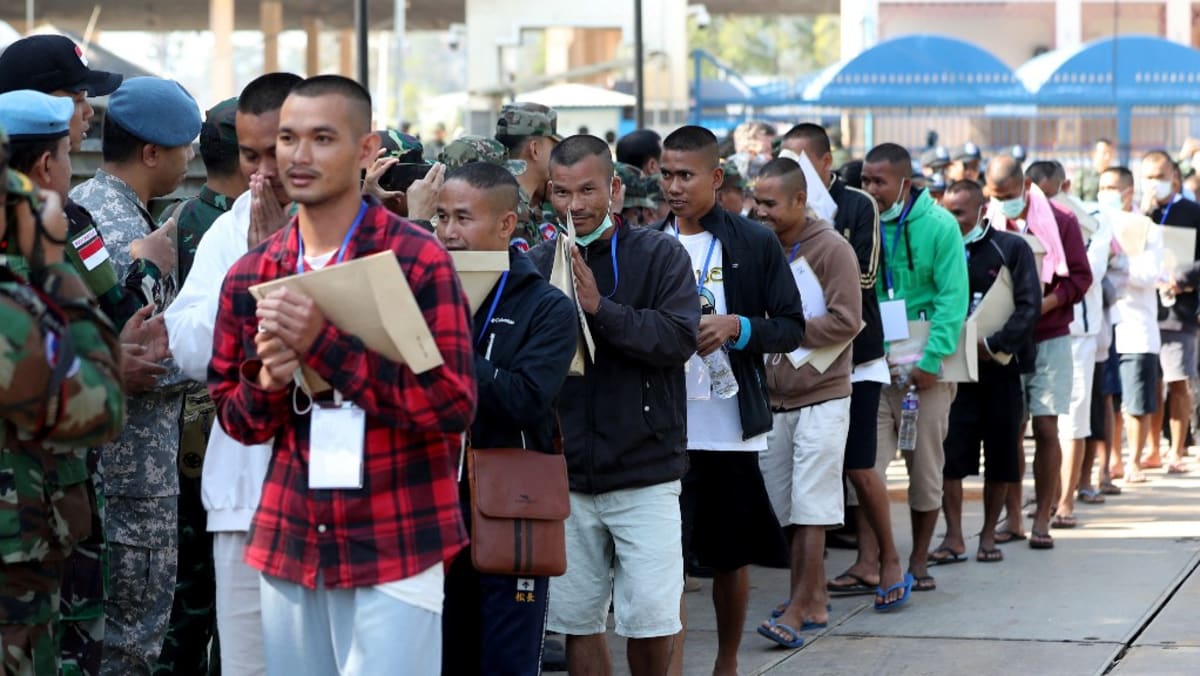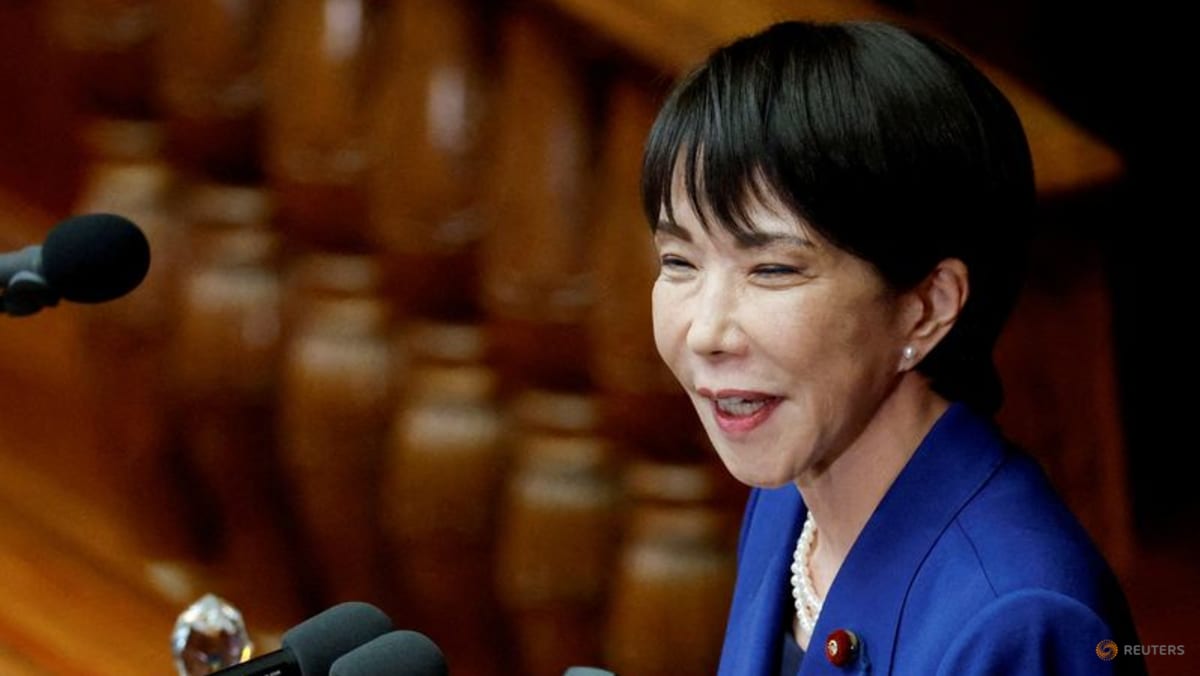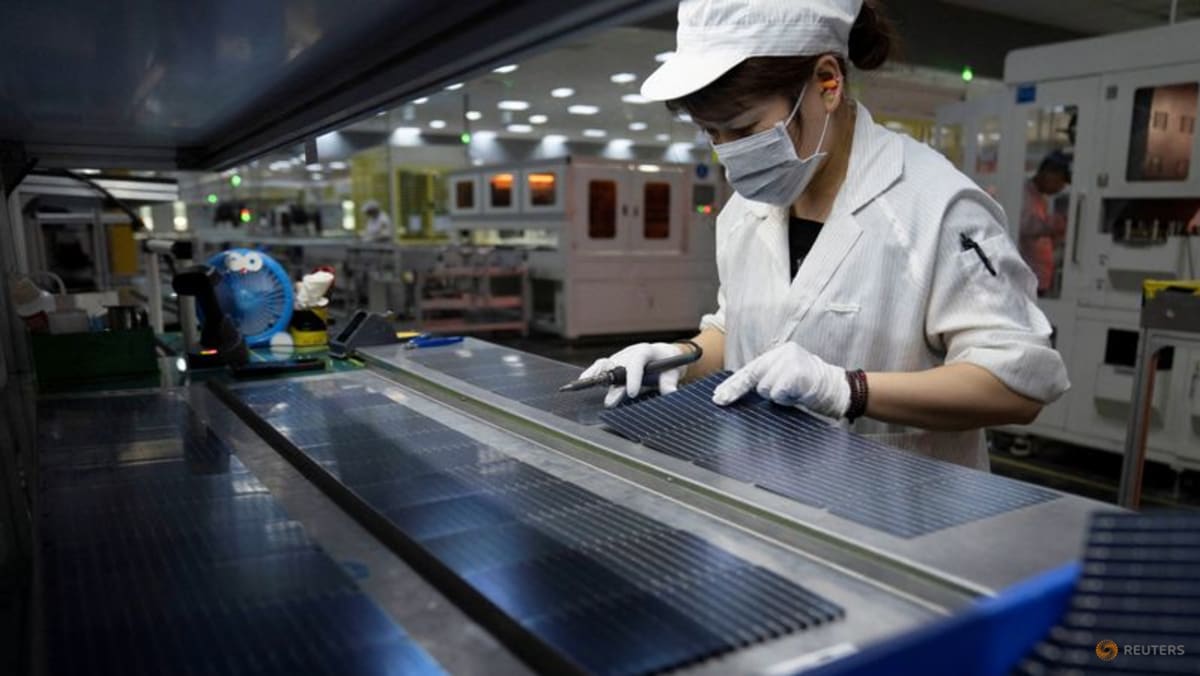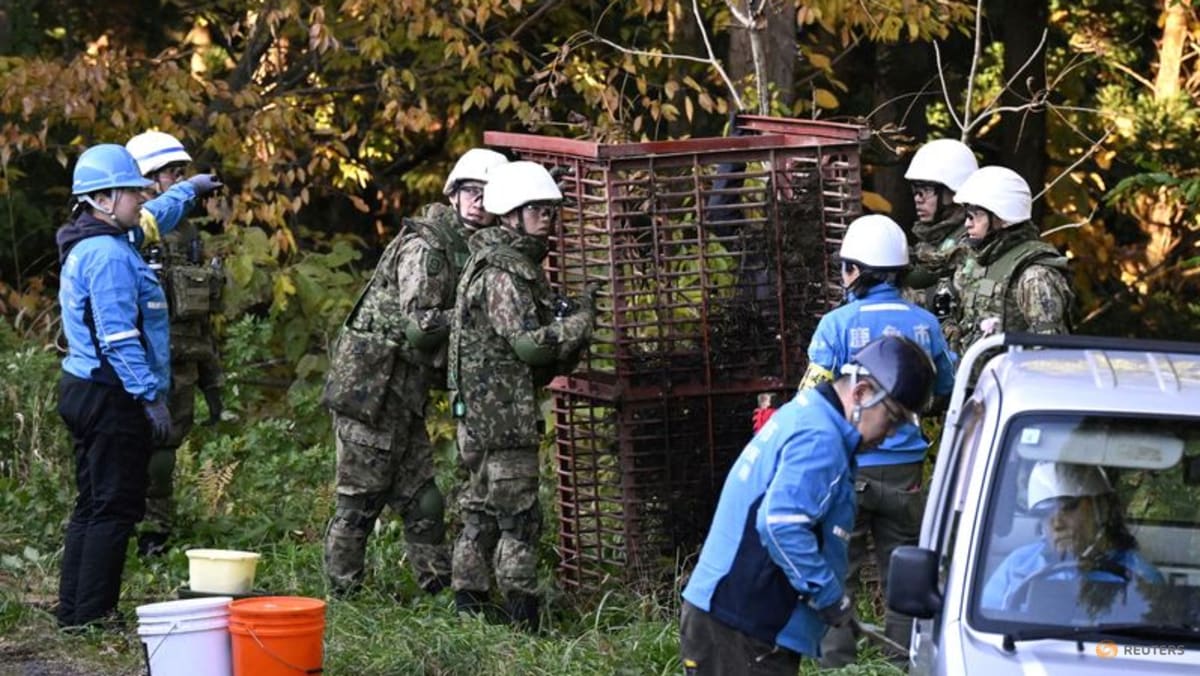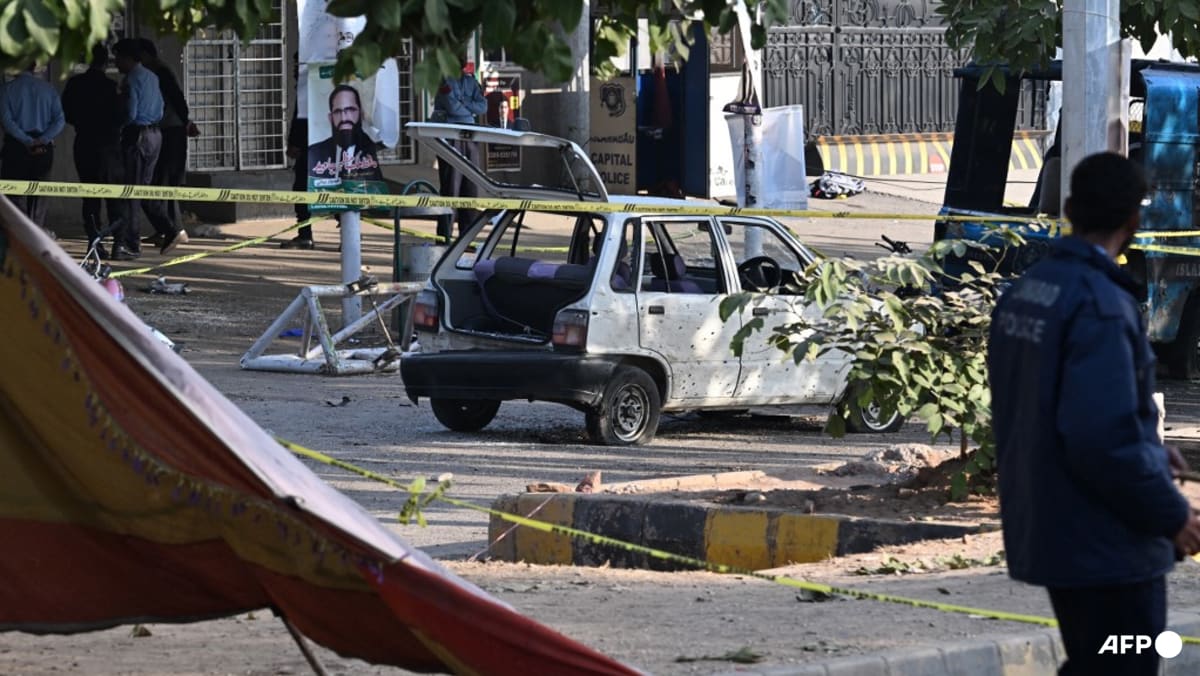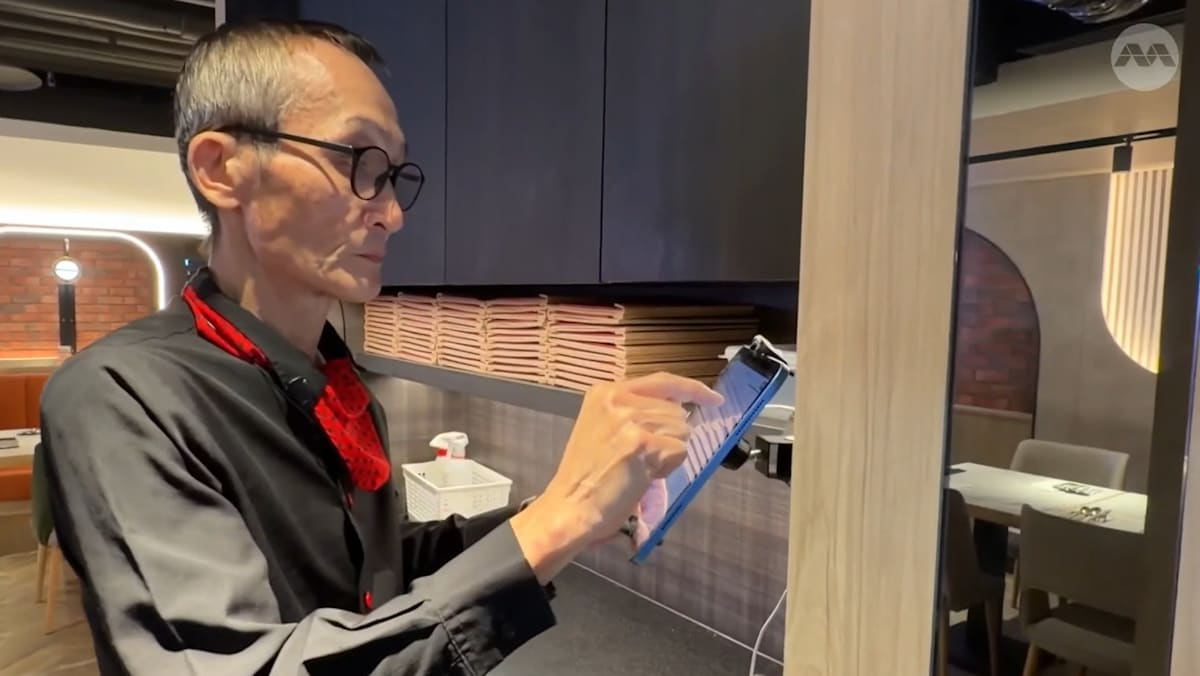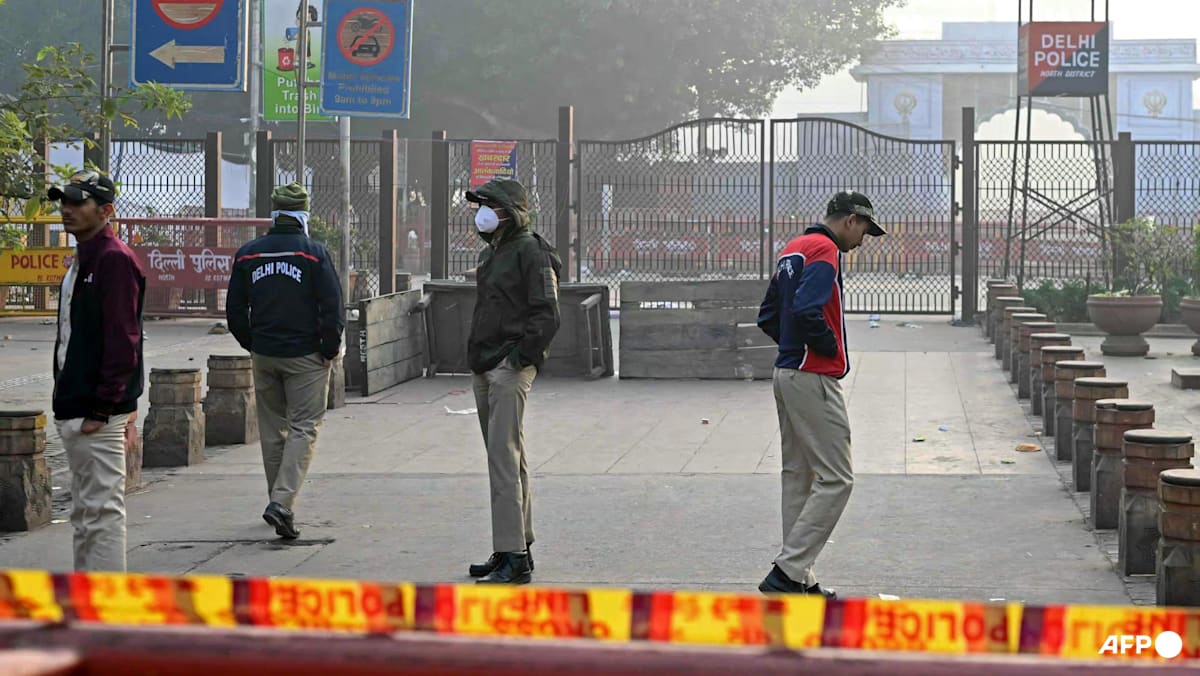Pakistan’s Supreme Court declares arrest of ex-PM Khan unlawful

ISLAMABAD: Pakistan’s Supreme Court on Thursday (May 11) declared the arrest of former prime minister Imran Khan unlawful, two days after his detention sparked deadly clashes and huge protests nationwide.
Khan was ordered to remain in the bench’s custody under police protection for his own safety until Friday, when he will return to the court where he was detained earlier this week.
“Your arrest was invalid so the whole process needs to be backtracked,” Chief Justice Umar Ata Bandial told Khan at a hearing in the capital Islamabad.
Since being ousted from office last April, Khan has waged a tempestuous campaign for snap elections and fired unprecedented criticism at Pakistan’s leaders and powerful military elite, even accusing them of plotting a November assassination attempt which saw him shot in the leg.
Meanwhile he has become tangled in a slew of legal cases – a frequent hazard for opposition figures in Pakistan, where rights groups say courts are used to quash dissent.
The onetime cricket star, who was surrounded by dozens of paramilitary troops on Tuesday and manhandled into custody on graft charges at Islamabad High Court, said he had been “treated like a terrorist”.
Arrests should not take place on court premises, Bandial said on Thursday.
Khan, 70, was ordered back to the same police headquarters where he has been sequestered for the past 48 hours on the condition it should be treated as a “residence”.
“What we propose is that Islamabad police need to provide security, and he (Khan) will provide a list of his immediate family members and lawyers that should meet him at police lines headquarters,” said Bandial, denying Khan’s request to return to his farm house on the outskirts of Islamabad.
“We will arrest him again,” interior minister Rana Sanaullah told Dunya TV, in a stark admission of the grudge between the administration and Khan.
“If he gets bail from the High Court tomorrow, we will wait for the cancellation of bail and arrest him again.”
Source: CNA


